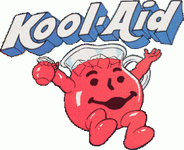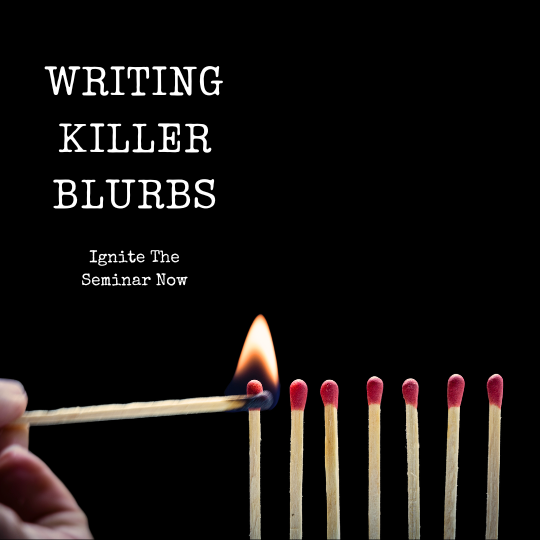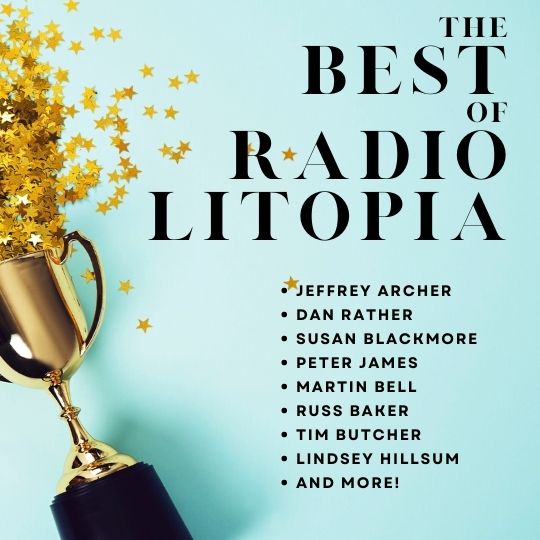M
Meerkat
Guest
I'm struggling with a character development point for the novel I'm planning and wondered what you guys thought.
The background for the novel is that it's about a girl searching for a place where she belongs. At 14, she thinks she finds somewhat of a home, at least spiritually, but this is rather violently put down by her father.
The problem I am having is that after that, while she is still a teenager, I cannot decide whether she will be "rebellious" or drink the Kool-Aid for a while, at least until she leaves home.
I think the trope in fiction is that the MC is supposed to be rebellious, breaking the rules and doing things his or her own way. It's a bit of the Mary Sue mentality. Personally, I have an issue with breaking the rules just to show how much you don't care about them. I myself am generally considered a rule-breaker, but I've never done ANYTHING just to rebel. I've always had a deep personal reason for going my own way.
So I simply don't want to create a character who rebels just to rebel. And the reason I want her to drink the Kool-Aid for a few years is because she DOES want to belong somewhere. When you're a teenager, you definitely want to belong somewhere, and this character, I think, desperately wants to belong to her family. (Her background is that she was an accident--her parents didn't want her--and they have never been shy about telling her this.) So, in my thinking, after she "displeases" her father so much, she would WANT to show him she's not the awful bane he thinks she is. Kind of, "Look, I can be a good daughter--will you love and accept me now?"
I don't actually plan to spend much time on her teen years after the incident at 14.
As an adult, yes, she will learn to go her own way again, but is all of this (her drinking the Kool-Aid) believable and relatable? Does it make her too passive?
The background for the novel is that it's about a girl searching for a place where she belongs. At 14, she thinks she finds somewhat of a home, at least spiritually, but this is rather violently put down by her father.
The problem I am having is that after that, while she is still a teenager, I cannot decide whether she will be "rebellious" or drink the Kool-Aid for a while, at least until she leaves home.
I think the trope in fiction is that the MC is supposed to be rebellious, breaking the rules and doing things his or her own way. It's a bit of the Mary Sue mentality. Personally, I have an issue with breaking the rules just to show how much you don't care about them. I myself am generally considered a rule-breaker, but I've never done ANYTHING just to rebel. I've always had a deep personal reason for going my own way.
So I simply don't want to create a character who rebels just to rebel. And the reason I want her to drink the Kool-Aid for a few years is because she DOES want to belong somewhere. When you're a teenager, you definitely want to belong somewhere, and this character, I think, desperately wants to belong to her family. (Her background is that she was an accident--her parents didn't want her--and they have never been shy about telling her this.) So, in my thinking, after she "displeases" her father so much, she would WANT to show him she's not the awful bane he thinks she is. Kind of, "Look, I can be a good daughter--will you love and accept me now?"
I don't actually plan to spend much time on her teen years after the incident at 14.
As an adult, yes, she will learn to go her own way again, but is all of this (her drinking the Kool-Aid) believable and relatable? Does it make her too passive?









